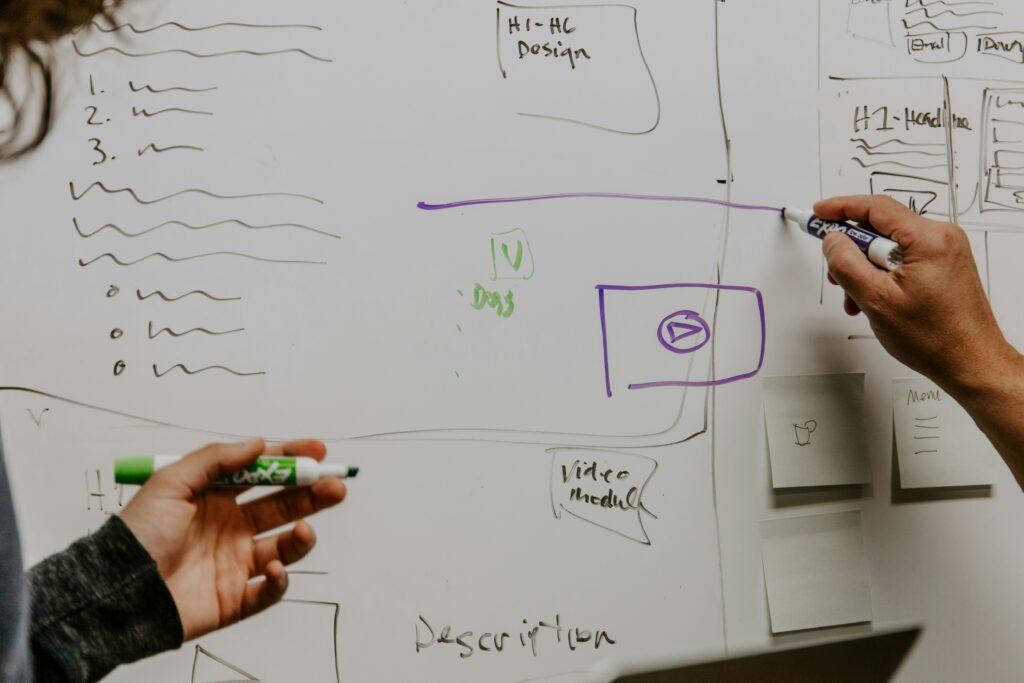Feature Photo by Polina Kuzovkova on Unsplash
A particular thing that I enjoy about educational technology (EdTech) is that there are so many angles, perspectives, and roads that can be explored in EdTech, such as supportive technology, student learning, and individual/collective digital understanding. This has made working toward deciding on a capstone project exciting and motivating, but also ever-changing.
In my last post, I brainstormed the possibility of creating a university-level open course about artificial intelligence (AI) for educators. This topic is a passion of mine because of my experience running AI workshops and my love of teaching. However, through my conversation with my supervisor, I like expanding the topic from artificial intelligence to digital literacy and the demographic from educators to post-secondary individuals of all ages.

The reasoning for expanding the course topic is that artificial intelligence falls within digital literacy. From my experience, many post-secondary students do not have proper education in digital literacy skills, such as finding, evaluating, navigating, communicating, and creating information on digital media platforms. This would make the course more inclusive to those looking for further education on digital literacy, and the broader demographic of students would ensure that more people have access to the course content and activities.
Here is an updated outline of what I am brainstorming for a final project idea
Title: Designing a Digital Literacy Course for Higher Education
Research Topic: Developing an open-access, authentic, and valuable course for university students focusing on the ethical, practical, and effective development and integration of digital literacy in academic and personal settings.
Research Problem: Despite the growing relevance of technology and artificial intelligence in our communities, there is a lack of accessible, inclusive, and open resources and courses to help community members build their digital literacy in meaningful, valuable, and authentic ways. There is also a learning gap in skills that students and educators have that limits their abilities, understandings, and applications of educational technology in their personal and professional lives. The absence of clear guidelines, resources, strategies, and consideration limits the successful integration of digital literacy skills into teaching and learning.
Purpose: This project aims to develop an open-access course that supports students in developing digital literacy skills, knowledge, and ethical frameworks. The course will focus on the development, opportunities, challenges, and ethical implications of digital literacy in the 21st century.
Research Question(s):
- What are the current research trends in post-secondary students’ digital literacy skills?
- What are the key components of digital literacy that are essential in the 21st century?
- How can digital literacy support post-secondary students in their post-university lives?
- What challenges do students and educators face when developing digital literacy skills, particularly regarding AI and emerging technologies?
- How can courses on digital literacy be structured to support students’ authentic development of digital literacy skills and knowledge?
As I have found out through the past month in our course, this is going to be an ongoing journey to iron out what this project can look like and how it can be a project that can be applied and integrated to support students and educators in their understanding and development of digital literacy.


